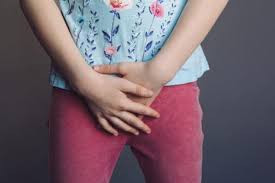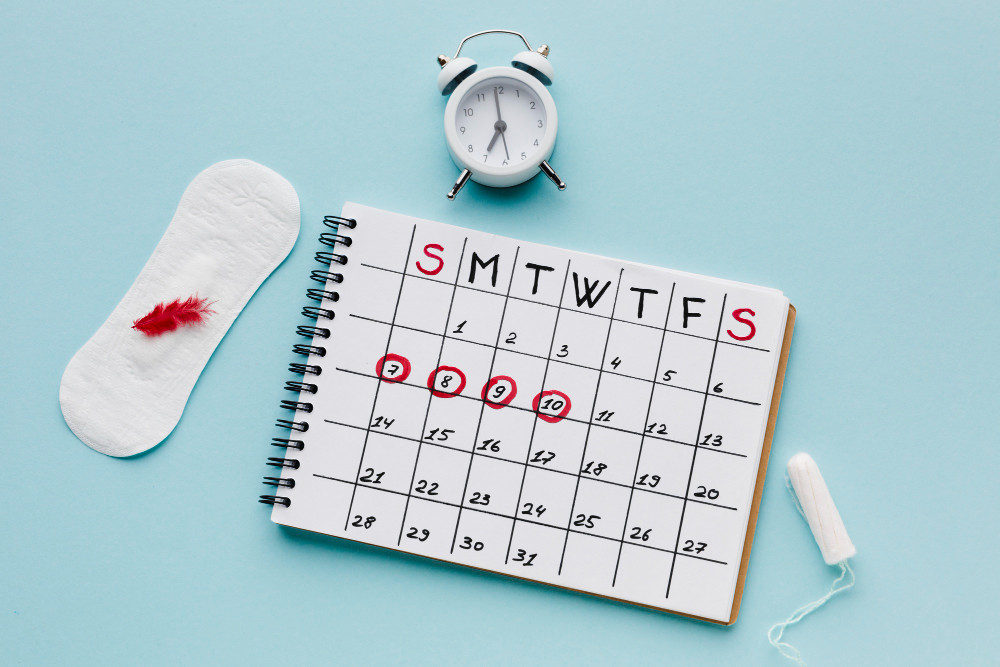Definition
Testicular trauma is an injury to the testicles that may cause bleeding, infection, or disruption of hormone and sperm production.
The testicles, also known as testes, play a crucial role in fertility and the production of male hormones. Located within the scrotum, they are responsible for sperm production and hormone secretion. Unlike many other organs, the testicles are not shielded by muscles or bones, rendering them susceptible to injuries from impacts, kicks, or crushes.
While testicular trauma can affect males of any age, it most commonly occurs in individuals aged 15-40 years during their active years. Early detection and appropriate treatment, particularly if the injury is not severe, can often preserve male fertility without significant long-term consequences.
Causes
Blunt trauma accounts for 85% of testicular injuries and can result from various incidents such as:
- Being kicked
- Impact from a ball during sports
- Motorcycle accidents
- Bicycle accidents
- In addition to blunt trauma, abrasions, puncture wounds, stab wounds, and insect bites can also cause testicular injuries.
Types of testicular trauma include:
- Rupture or fracture: Severe injuries that tear the scrotum, potentially damaging the testicles.
- Contusion: Damage to blood vessels within the testicle, leading to swelling, bleeding, and bruising.
- Torsion: Trauma causing twisting of the blood vessels supplying the testicle, leading to reduced blood flow and a medical emergency.
- Hematocele: Formation of blood clots beneath the scrotal layer.
- Dislocation: Testicle pushed out of the scrotum, often occurring in motorcycle accidents.
- Epididymitis: Inflammation of the epididymis, the tube that holds sperm temporarily after leaving the testicles.
- Infection: Animal bites, including insect bites, can lead to scrotal infections affecting the testicles.
- Degloving: Rare injury where the scrotum becomes detached from the testicle, resembling a hand removed from a glove.
Risk Factors
Testicular trauma is a serious medical condition that can be caused by any form of trauma, whether blunt, sharp, or penetrating. Reckless driving, particularly among motorcyclists and cyclists, as well as participation in sports involving balls and weightlifting, are activities that can increase the risk of testicular trauma. It is important to take necessary precautions to avoid such injuries and seek immediate medical attention in case of any trauma.
Symptoms
Symptoms of testicular trauma can vary and may include:
- Severe pain in the scrotum
- Bruising or swelling in the scrotum
- Scrotal swelling
- Pain and discomfort in the lower abdomen
- Nausea and/or vomiting
- Fever following the injury
- Blood in the urine (hematuria)
- Pain during urination (dysuria)
Diagnosis
If you have suffered an injury to your testicles, it is crucial to seek immediate medical attention from a general practitioner to assess any emergencies and prevent severe complications. The doctor will perform an interview, a physical examination, and diagnostic tests to assist in the diagnosis.
During the interview, the doctor will inquire about:
- Main complaints and accompanying symptoms
- Timing and mechanism of the injury
- Current sensations and post-injury feelings
- History of previous injuries to the penis, scrotum, or testicles
- Other medical conditions experienced
- Family medical history
Honest answers are crucial for accurate diagnosis and management.
The doctor will then perform physical examinations, including checking vital signs such as blood pressure, temperature, respiratory rate, and pulse. They will examine the testicles for bruises, wounds, or changes in shape and palpate the area to detect blood clots or temperature changes. If necessary, the doctor may refer you for further diagnostic tests such as ultrasound or MRI.
Management
The management of testicular trauma depends on its type and severity. For less severe injuries, pain relief medication may be prescribed to alleviate discomfort. Additionally, anti-inflammatory drugs or antibiotics may be necessary if bacterial infection is suspected.
However, if diagnostic tests indicate life-threatening conditions like testicular torsion, surgery by a urology specialist is imperative. Surgical intervention is also required for dislocation, rupture, fracture, and degloving cases.
Surgical procedures may involve:
- Restoring the testicle to its proper position
- Repairing ruptures and suturing the scrotum
- Cleaning wounds to prevent infection
- Repositioning displaced testicles
- Reattaching detached testicles, if possible
- Skin grafting on detached testicles
- Surgical removal of damaged testicles (orchiectomy), with sperm banking as an option if needed.
Complications
While most cases of testicular trauma are mild and recover quickly, severe trauma can lead to complications such as infection, fertility disorders, low testosterone levels, urological problems, and sexual dysfunction.
Prevention
Preventing testicular trauma involves:
- Driving carefully to avoid traffic accidents
- Using testicular protectors during sports or heavy activities
- Maintaining a healthy lifestyle with a balanced diet, limited smoking and alcohol consumption, adequate sleep, hydration, and avoiding activities that pose a risk of testicular impact.
When to see a doctor?
Applying cold compresses, avoiding touching or squeezing the painful testicles without gloves, and elevating the testicles can help alleviate testicular pain and reduce the risk of infection.
Looking for more information about other diseases? Click here!
- dr Hanifa Rahma
Cleveland Clinic – Testicular Trauma. (2022). Retrieved 30 July 2022 from https://my.clevelandclinic.org/health/diseases/22814-testicular-trauma
Randhawa, H., Blankstein U., Davies T., Scrotal trauma: A case report and review of the literature. (2019). Retrieved 30 July 2022 from https://www.ncbi.nlm.nih.gov/pmc/articles/PMC6565400/
Urology Care Foundation – Testicular Trauma. (2022). Retrieved 30 July 2022 from https://www.urologyhealth.org/urology-a-z/t/testicular-trauma
WebMD – Testicular Injuries. (2022). Retrieved 30 July 2022 from https://www.webmd.com/men/guide/testicle-injuries











